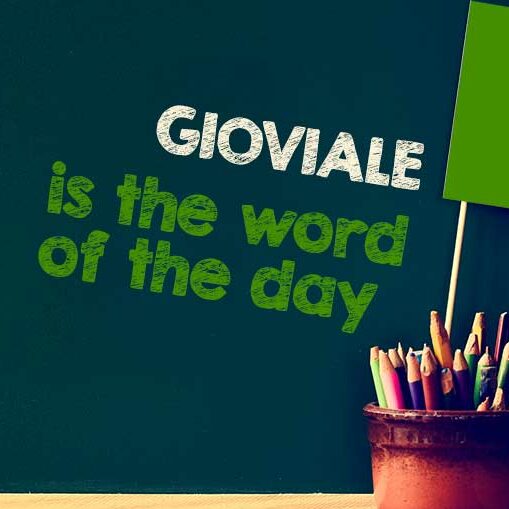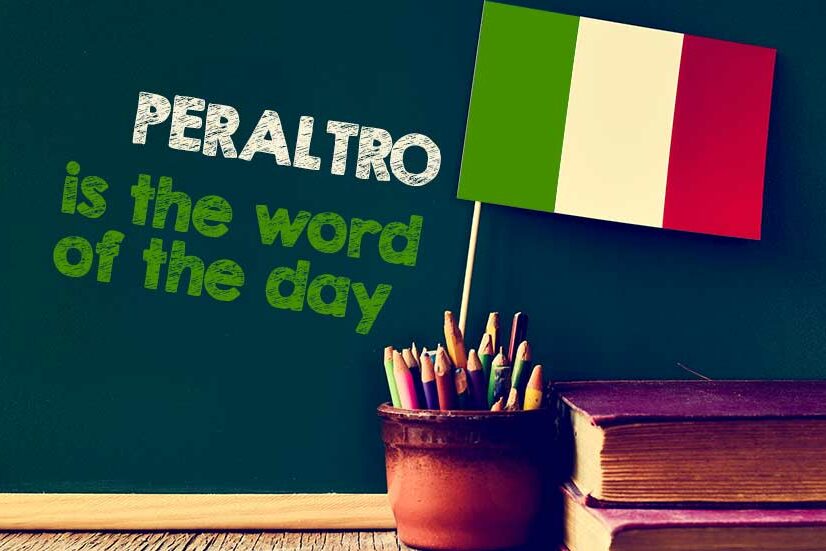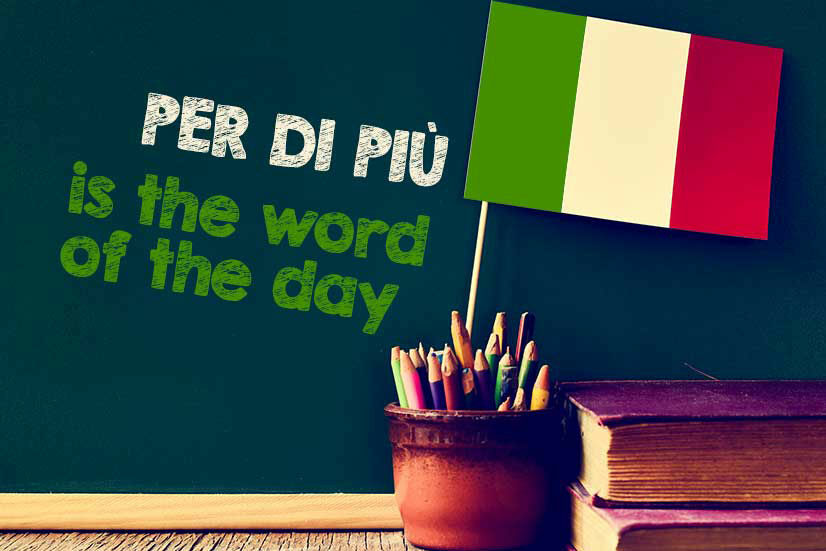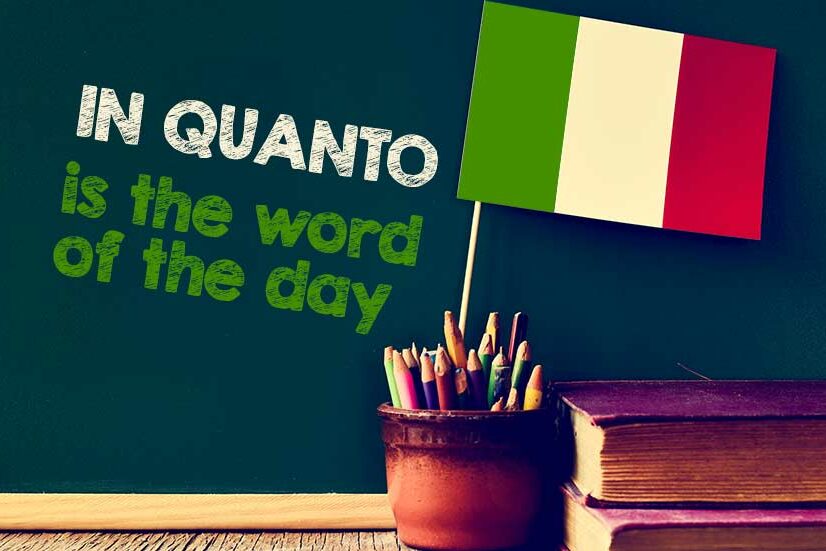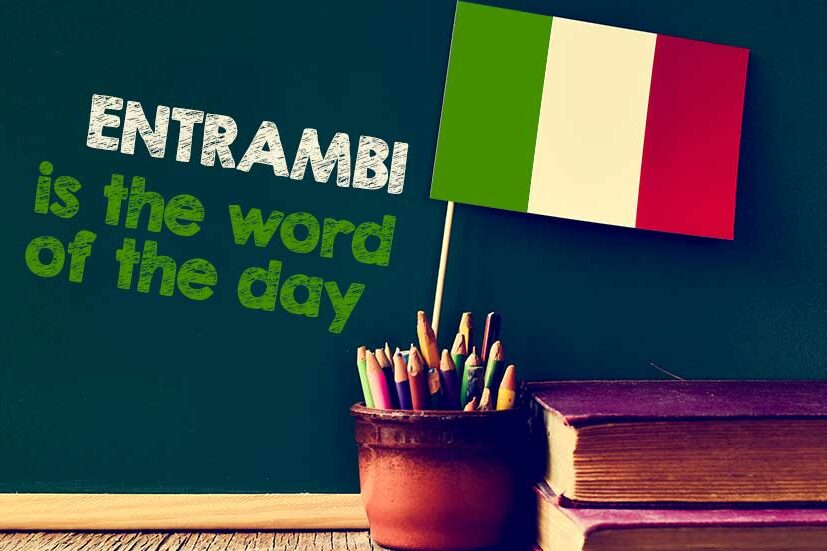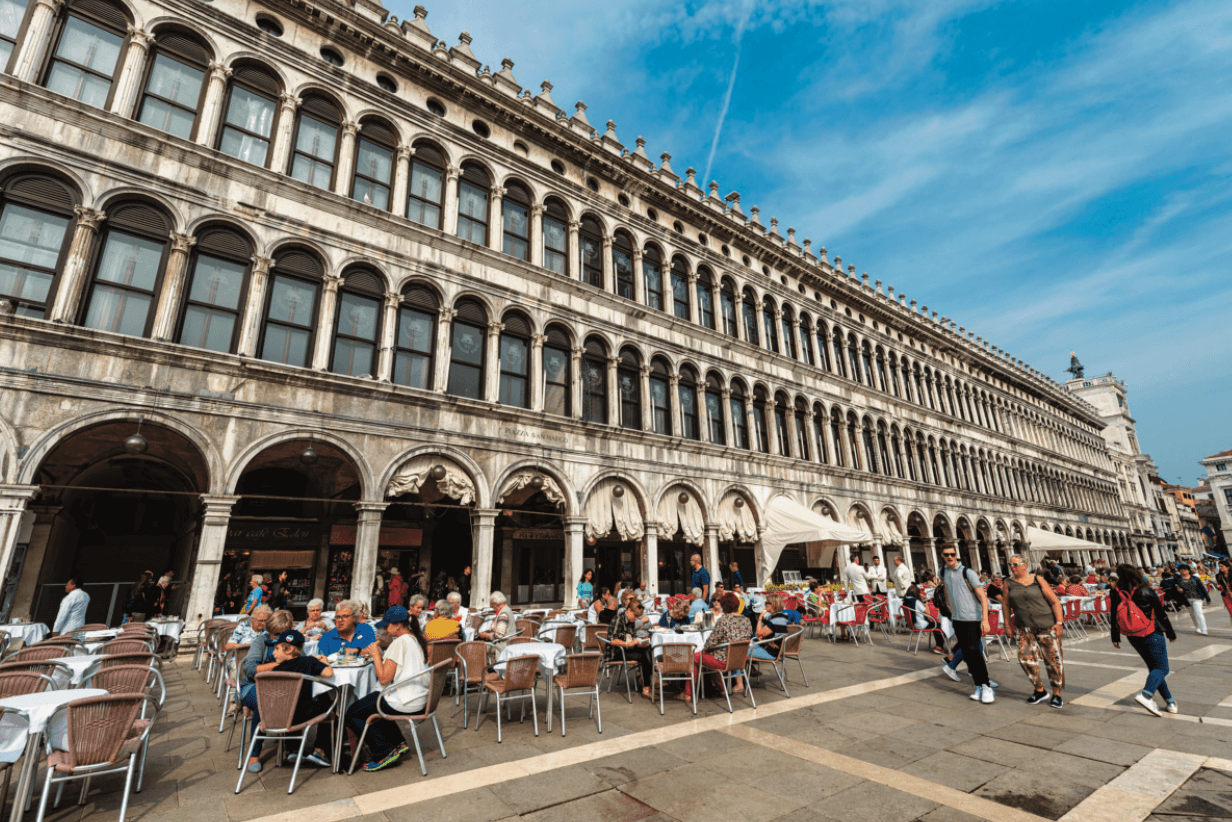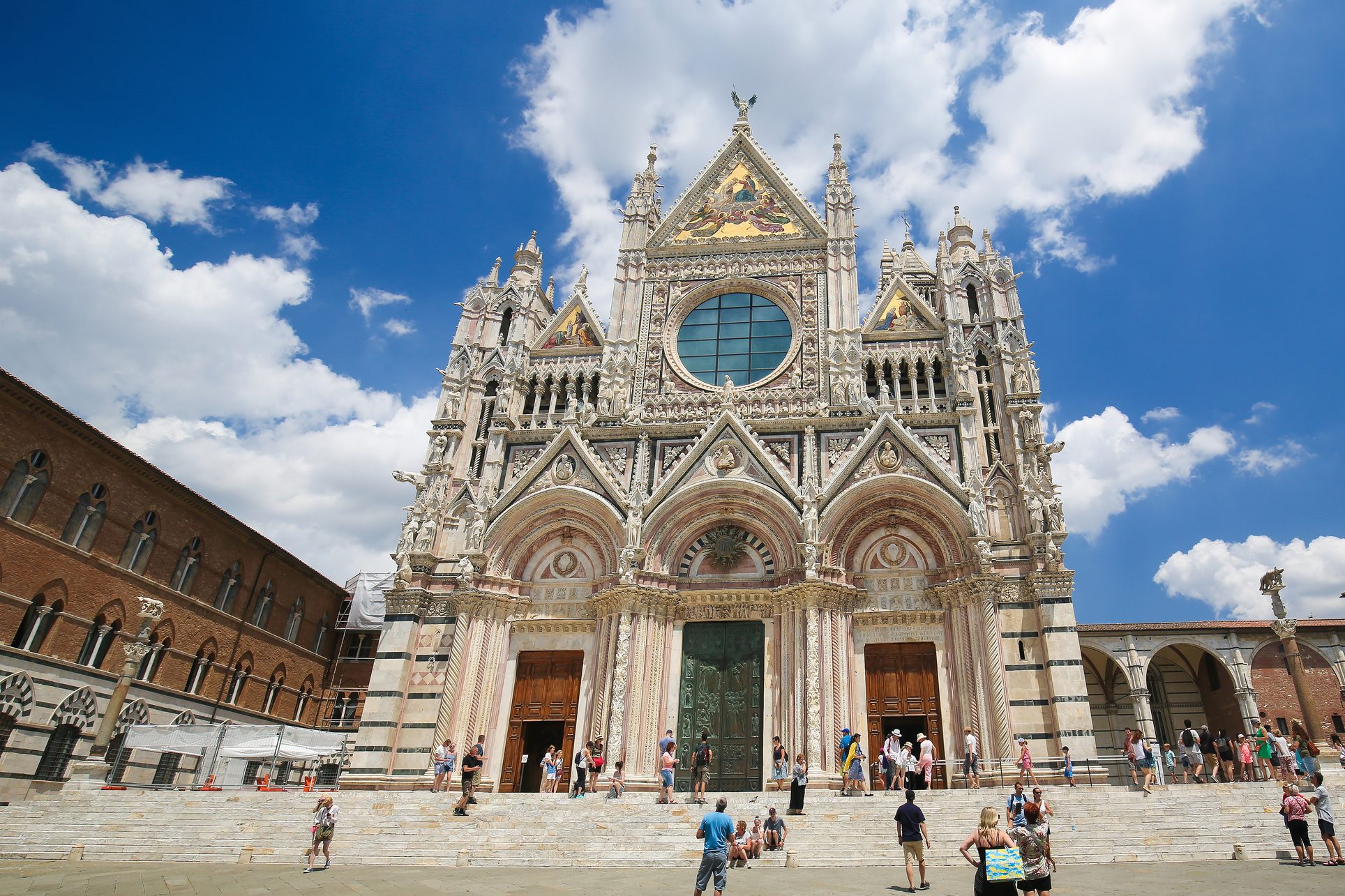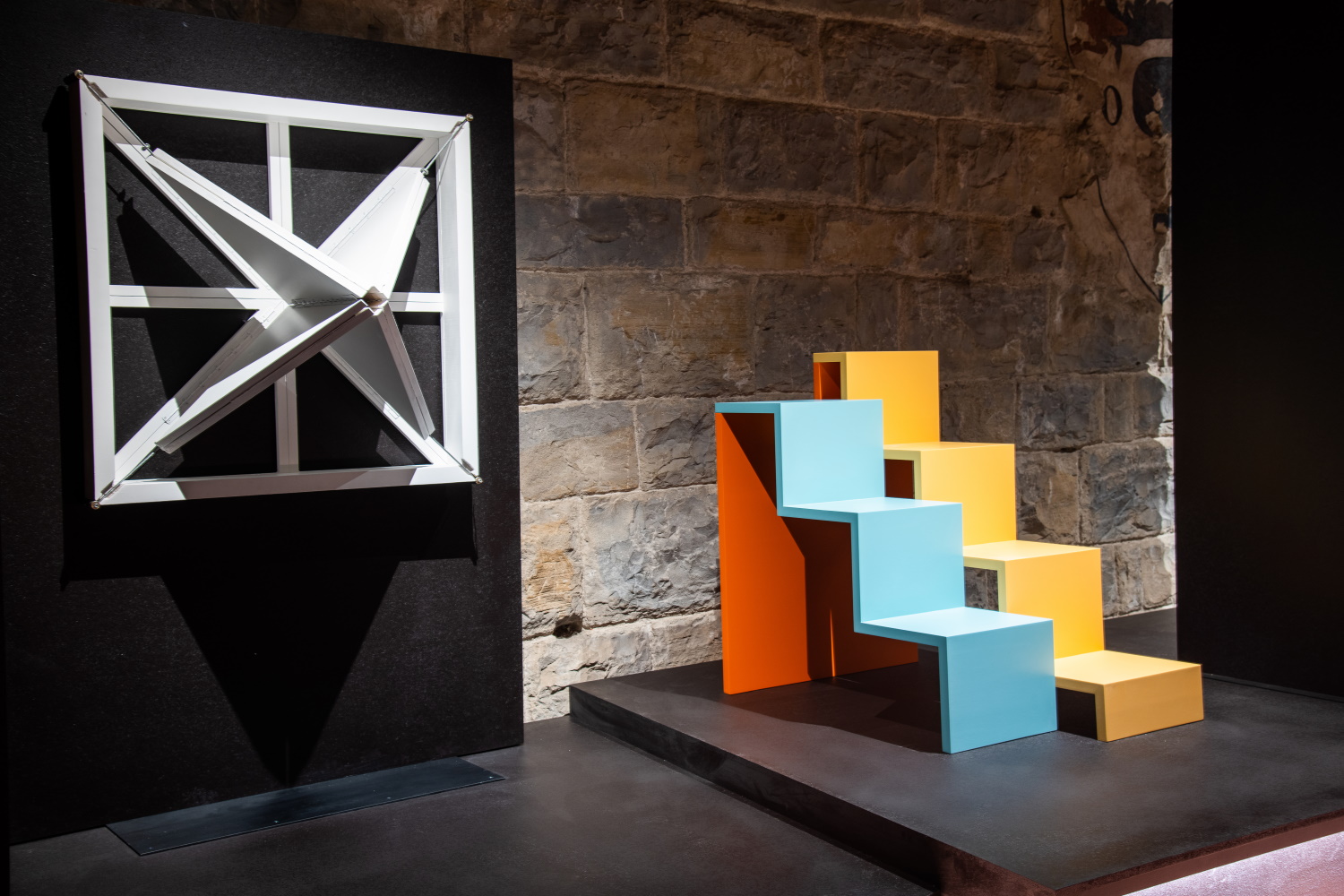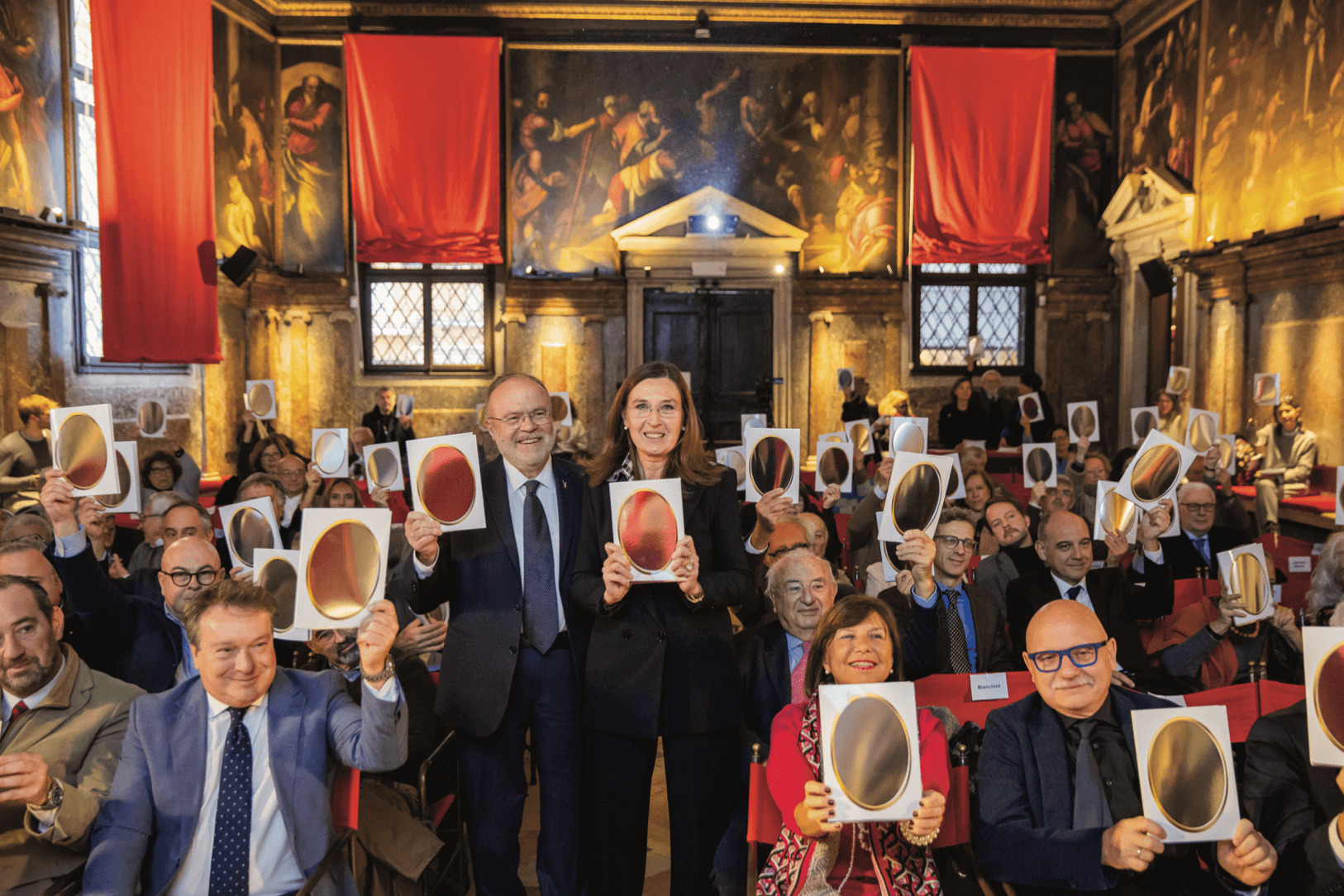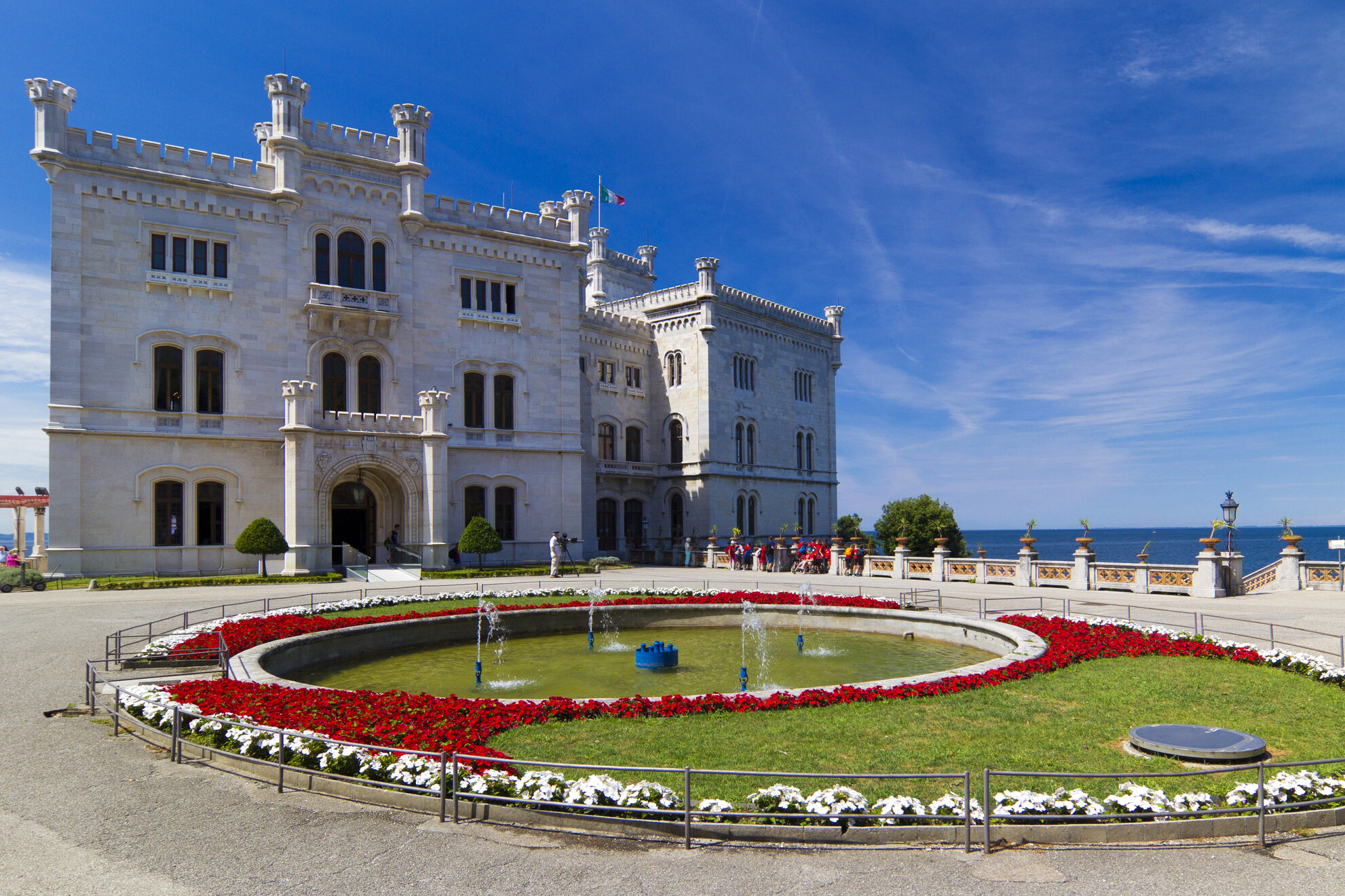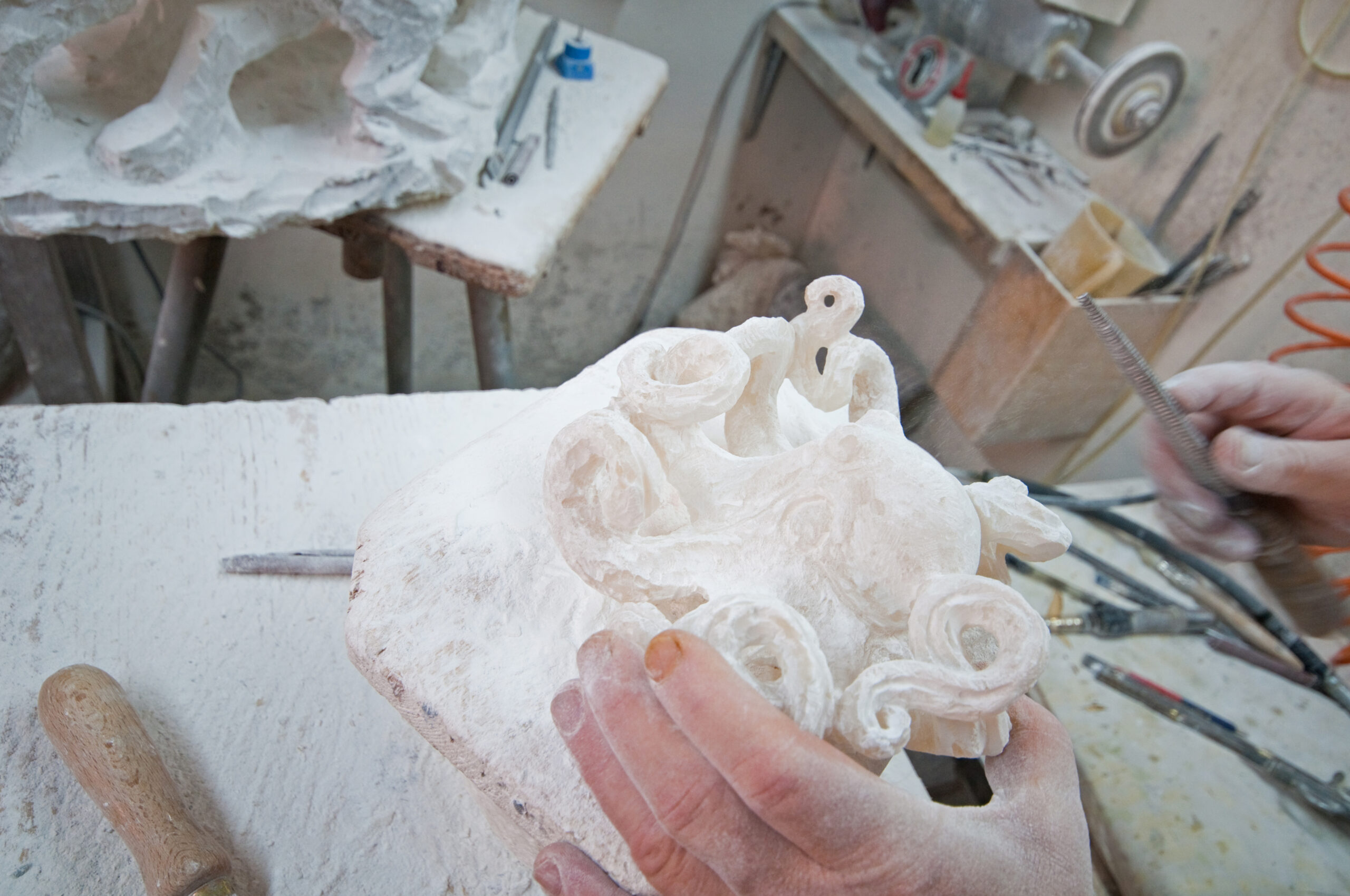Word of the Day
Today’s word, anzi (ants-ee) is an interesting and versatile term we use a lot in everyday conversations. Etymologically, anzi originates from the Latin word ante, which means “before” or “in front of,” and was first attested in Italian during the …
The word palio (pah-lee-oh) originates from the Latin term pallium, meaning “cloak” or “covering.” Over time, pallium evolved in the Italian language to refer specifically to a banner or a cloth used in competitions and festivals. Historically, palio became associated …
The Italian word peraltro (per-ahl-troh) is an adverb that translates to “what’s more,” “moreover,” “besides,” or “furthermore” in English. It’s used to add information that emphasizes what has already been mentioned, or to highlight a point already made; for example, it can …
The Italian expression per di più (pair dee peeoo) is typically used to introduce additional information, emphasizing that it supports or enhances the previous statement. In English, per di più can be translated in several ways, depending on the context, …
The Italian word volentieri (voh-lain-tee-ai-ree) is an adverb that translates to “willingly,” “gladly,” or “with pleasure” in English. It is commonly used to express a positive and willing attitude towards doing something, and this is why we usually say it …
The Italian expression in quanto (in kwan-toh) is quite fancy. Its history, as it is more often than not in Italian, starts with a Latin word, quantum, which means “how much” or “how many.” Historically, in quanto has been used …
The Italian word entrambi (en-tram-bee) translates to “both” in English and is used to refer to two people or things considered together. At its heart is the cool idea of being together or sharing something, so we like to think …
As with many other words in the Bella Lingua, it too derives from Latin, more specifically from the neuter noun insigne and, even more precisely, from its plural insignia, which meant “banner,” just like in Italian, but also “badge.” The …
The word arzillo is an adjective used to describe someone as lively, spry, or vigorous, often implying a surprising level of energy despite age or expectations. It conveys a sense of being spirited and active, and it’s frequently used to …
The Italian word altrove (al-troh-vai) translates to “elsewhere” in English. It is a compound of altro, meaning “other” or “another,” and ove, an archaic form of dove, meaning “where.” Thus, altrove literally means “another where” or “somewhere else.” Altrove is …

